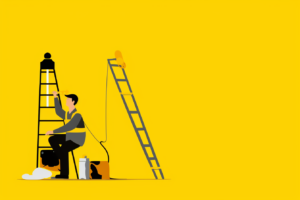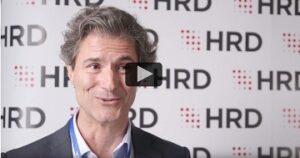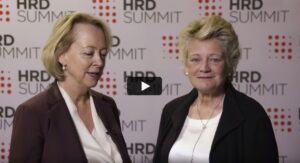Why Vodafone is heralding the revolution of L&D
- 5 Min Read
Vodafone has cut employee classroom time massively, saved 56% on training costs and almost eradicated email use with its step into the new world of bitesize, mobile and tailored training.
And in a happy side-effect it has .
- Author: Owain Thomas
- Date published: May 18, 2016
- Categories
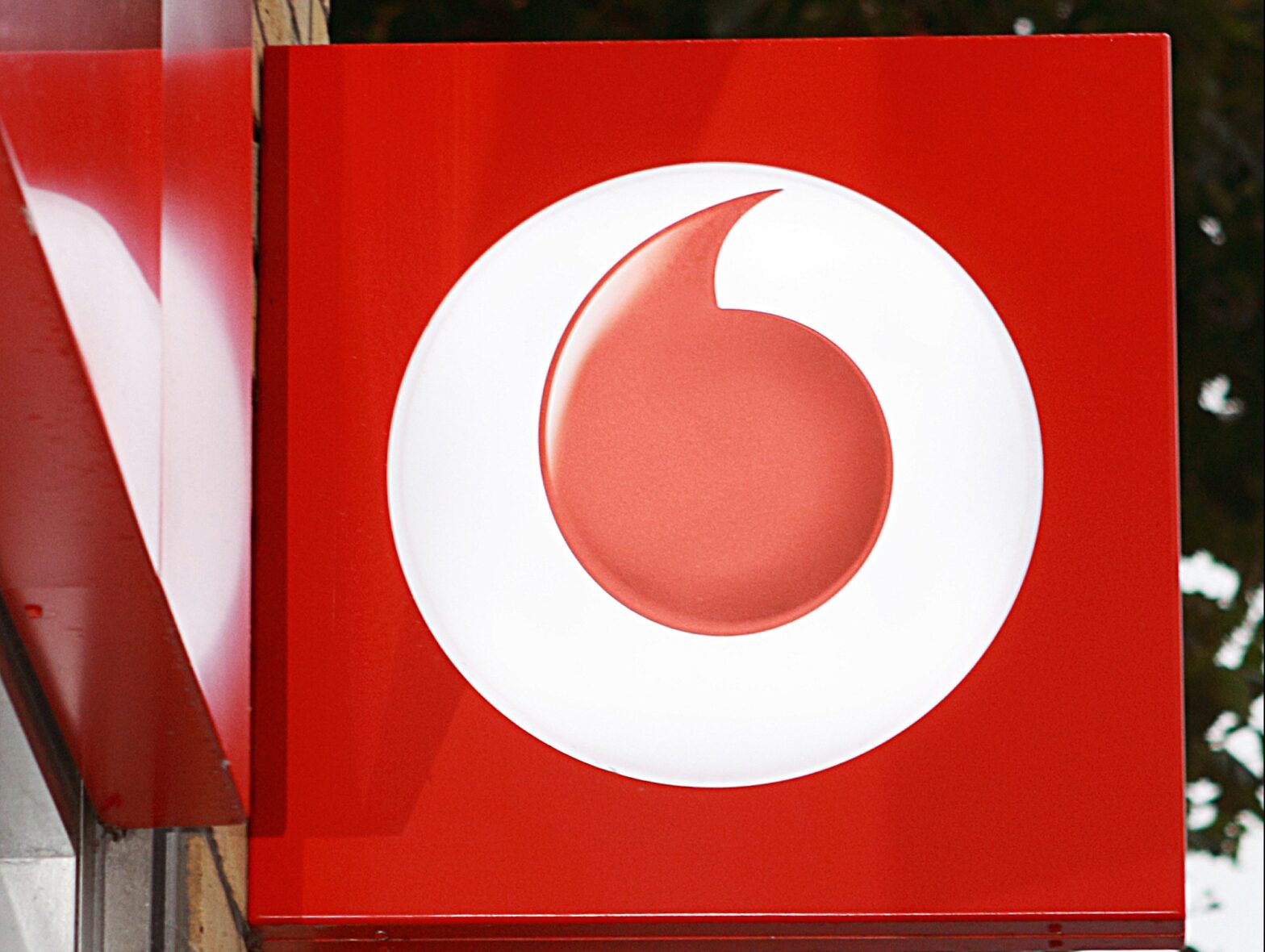
Vodafone has cut the amount of time employees spend in the classroom massively and saved 56% on training delivery costs over the last year alone as a result of its employee development app.
The telecommunications giant believes the future of learning and development is in mobile technology and bitesize sessions which are tailored to an individual’s needs and instantly accessible.
And in a happy side-effect it has almost eradicated email use.
In total Vodafone estimates around 70,000 hours has been returned to customer facing activities from the classroom and the onboarding process has been flipped to give greater emphasis on store experience.
Speaking at the CIPD Learning and Development show, Vodafone learning technologies manager Mike Booth explained that the project was seen as the future for the company’s training approach.
“The key for us wasn’t about switching on an app, it was really a business transformation process, and we’re really happy with the first year’s results,” he said.
“For the future of L&D, mobile and bitesize are going to play an absolutely massive part. This has switched on so many lights for us that this is the way we’re going to try and go from here.”
Booth also noted that despite the positive first year results, it was important to sustain and increase usage.
“It becomes more than an L&D cost then, it becomes an operational tool,” he added.
Three objectives
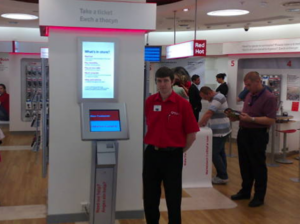 The app has three main uses: as a mobile platform for learning support, for communication, and for continuous improvement and ongoing assessment.
The app has three main uses: as a mobile platform for learning support, for communication, and for continuous improvement and ongoing assessment.
It was born from a desire to solve four main challenges within the UK retail division, the biggest of which was store employees spending too much time in the classroom and not enough time with customers. This required a more flexible way of delivering learning and communication.
Vodafone also recognised that stores were traditionally quite isolated and wanted to share the expertise from these teams more widely, and it was aware that typical communications of pdfs and Power Point slides cascaded through store managers might not be that effective.
Finally, it wanted to train and encourage staff to have different types of conversations with customers.
But all this needed to be put into the context of very limited computer access within the stores and near-ubiquitous smartphone usage by employees.
“That really encouraged us to look at mobile first solutions,” continued Booth.
“The other thing is the stores have a lot of traffic, a lot of footfall, so there’s a lot of peaks and there are some troughs – so when you’re between customers and have a spare 5-10 minutes, we really needed to utilise those troughs in our favour so they weren’t down time.”
To make it mobile a bring your own device strategy would need to be implemented, meaning data security would be crucial.
How and why Shell recalibrated its leadership development
Cross-company working
Once it was agreed, the app was built and brought together by three teams – learning and development, communications and quality assurance. It draws on HR data and employees are placed into a series of feeds, dependent on criteria such as seniority, location and other needs.
It also provides a stream for employees to contribute their own thoughts and experiences, which is encouraged by a leaderboard to promote activity.
Notifications are also sent to the device, which has led to the near extinction of email.
But the most valuable part has been the learning intiatives.
“We put key bits of learning, short sharp videos or pdfs into a learning plan which they access through their mobile device,” said Booth.
“We’ve flipped our on-boarding so new employees don’t actually go into the classroom in first week. They get experiential learning in store with the support of the Fuse app and work through a lot of the things they need to do. So it’s then much better value in the classroom.”
The peer-to-peer learning has also been hugely important, with the app allowing short videos and images to be easily captured, uploaded and shared among colleagues.
And managers are able to use it when observing staff and then creating learning plans.
The data from this can then be scaled out to see if larger trends are emerging where training should be improved or targeted across the country.
Personal time
 And the results have been pretty impressive: 97% of the retail division’s 4,000 employees actively use the app at least once a month; it receives 10,000 page views every day and the “real eye-opener” was 30% of usage happening outside of work hours.
And the results have been pretty impressive: 97% of the retail division’s 4,000 employees actively use the app at least once a month; it receives 10,000 page views every day and the “real eye-opener” was 30% of usage happening outside of work hours.
“We think there’s two main reasons,” continued Booth.
“One is because there’s not enough time in the store, ‘we’ve been pretty busy so I’ll do it when I’m at home’. But the other reason is staff thinking ‘I’m sat at home watching TV, I’ll see what’s on Twitter or Facebook, the Fuse icon is next to it and there’s something interesting so I’ll have a look at it’.
“So I think we’re on to something there. Not that we want them to do work in their own time, but it is a vehicle that does enable that,” he added.
All this has led to a 56% reduction in training delivery costs and giving back 70,000 hours with the customer because colleagues are spending less time in the classroom.
Next up for the app is potentially implementing WhatsApp chat capabilities and improved data reporting.
As Booth concluded: “This is embryonic.”


